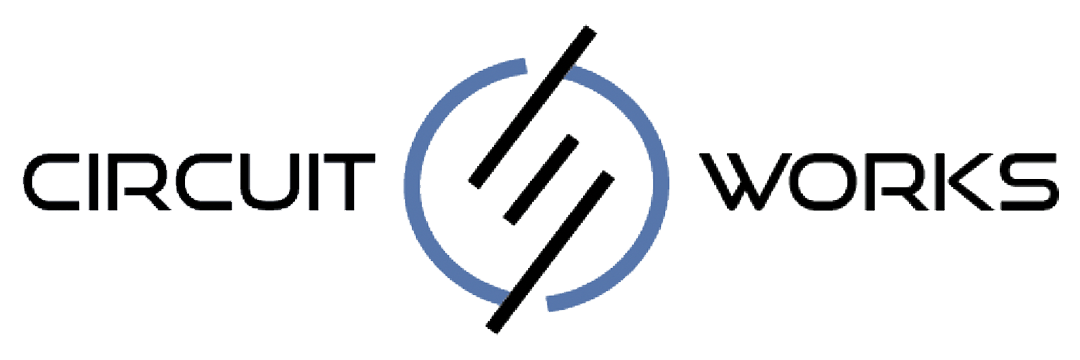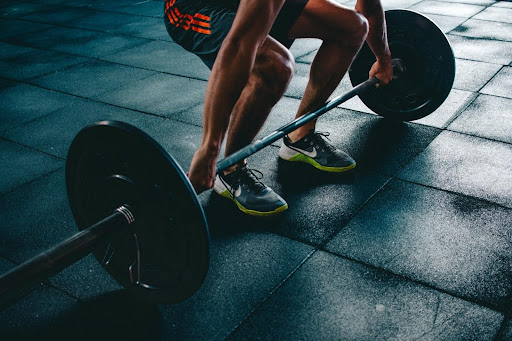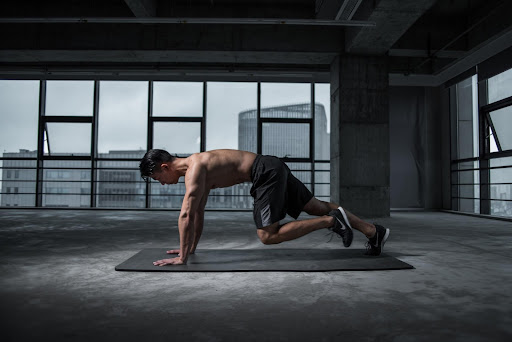Nourishing your body with good habits and nutritious food is a great way to fuel yourself before and after a functional strength training workout. Getting the proper before nutrients is also one of the best ways to maximize your performance and recovery from a workout. Find out which foods to put on your plate and how to fuel your body in order to build muscle, speed up recovery and achieve your health and fitness goals.
Before your workout
Hydrate
Water is typically all you need to hydrate your body during, and after a regular exercise session. For a more challenging workout (especially one with functional strength training and hiit cardio) you may need to replenish lost electrolytes in your body after intense excursion. When you exercise or sweat without staying properly hydrated, you lose water and electrolytes which can sometimes contribute to sodium levels in your blood getting extremely low.
The dangers caused by dehydration can appear as a condition known as hyponatremia, which can lead to headaches, seizures and brain swelling. Adding an electrolyte supplement powder to your water or having sports drinks with electrolytes are an easy way to help replenish your body’s levels of water and electrolytes and maintain a healthy level of hydration throughout your workout.
Incorporate Fruits, Oats, and Nuts
Eating foods such as bananas, oranges, oats, trail mix, apples, and peanut butter is a great way to fuel your body before or after a workout. Even if you are participating in the best cardio for weight loss, you’re not going to see the results you want if you are not eating properly and allowing your body to be fueled with the energy it will need to power through a workout.
- Fruits are full of nutrients, vitamins, and fiber that your body requires. The fiber in fruit delays digestion, so you don’t encounter a sugar spike followed by a crash. They are also considered simple carbohydrates, signifying that they provide fuel to your muscles faster, and making fruit a great pre-workout snack.
- Oats are a great source of dietary fiber and protein which means that oats will keep you fuller for longer while fueling your energy levels. Oats are packed with vitamins and minerals like iron, manganese, and calcium, which will help you fuel your body for optimal recovery after functional strength training or traditional strength training.
- Nuts and seeds are rich in healthy fats, and antioxidants which make them ideal for a pre-workout or post-workout snack and overall great habit to your daily calories intake. Since nuts are high in fat, they keep you feeling fuller for longer. Daily fat from nuts and other sources should be between 30-35% of your total calories, and other portions of your meal should contain lean protein for optimal results.
Avoid Saturated Fats
To get the best performance out of your workout, we recommend that you avoid foods that are high in saturated fat before you traint. Some sources of saturated fats include beef, butter, cheese, cream, pork, and ice cream. Fats are slow to digest, which results in a slowed release of energy. This means that it can make it hard for your body to get the energy that it needs and can negatively affect your training.
Time Your Meals
When you eat, is just as important as what, you eat. Try to eat your meals at least 90 minutes before your strength training or hiit workout. If you’re still hungry or didn’t have the time, eating a snacks 30 minutes before your workout is more ideal than in the car on your way there. This will allow you to fuel your body without having to feel discomfort in heavines, digestion and bloating during your workout.
Pre-Workout Drinks
Pre-workout supplements are a staple of the fitness industry that help increase your performance, strength, and endurance during a workout. A stim-free pre-workout drink helps you maximize your workout while avoiding crashing or feeling jittery. For a wholefood approach, fruits and your favorite nut butter, 30 mins before is a great choice for getting a natural energy boost.
Warm-Up Routine
Start your workout routine with motivational pump-up music that will take you through your training session. Pair your music with a stretching session to ensure that your muscles are warmed up and ready to move. Fun fact – each Circuit Works trainer share their favorite jams in their bio – check out our master sergeant Raphael’s playlist here!
After your workout
Hydrate
After completing your workout, it is important to continue to hydrate your body with water. This will help regulate your temperature and replenish fluids lost through sweating. The American Council on Exercise recommends that you drink 16 to 24 ounces of fluid for every pound of body weight lost after exercise.
Eat Complex Carbs
Complex carbs are an important part of a healthy diet and perform many different functions in your body. They provide energy, help brain function and muscle growth, and allow you to use the protein in your diet effectively. Examples of complex carbs include whole grains (such as oats, rice, and quinoa), whole grains (such as some crackers, bread, and pasta), beans, nuts/seeds, and vegetables.
Incorporate Protein
Whether you just completed your first class, or you hit a new PR (personal record) at the gym, you will want to consume high-quality protein after your training session. Your body will use the protein from your post-workout meal to build and repair muscle tissue that was broken down during your workout. Protein is also vital for muscle recovery, so that you can gain strength, power, speed, and endurance for future workouts.
Some examples of lean protein include yogurt, peanut butter, eggs, hemp seeds, beans, hummus, protein smoothie, edamame, tuna, tofu, lentils, chicken, quinoa, and white fish. If you are strapped for time, and can’t cook a meal, opt for a natural protein bar or protein powder to be used in shakes, energy bites or simply mixed with water.
Time Your Meal
As we mentioned above, when you eat is just as important as what you eat. Time your post-workout meal to fit into the window of opportunity for muscle growth and repair. Try to eat a protein packed meal within 20-60 minutes after your workout for the best absorption.
Supplements & Vitamins
In order to make the best nutritional choices, it is important to make sure that you’re getting enough supplements and vitamins on a day to day basis. Knowing how to fuel and recover after your workout is critical, but maintaining a healthy lifestyle will be best for long-term results. While there are many products out there, choosing the right one can be daunting. Talk to a trainer at Circuit Works LA to find out which supplements would benefit you in your fitness journey.
Hot Tip: Use a DRI calculator (we like this one from the US Department of Agriculture) to find your Daily Nutrient Recommendation. This information will provide you with your daily targeted intake of carbs, protein, vitamins, etc.
Cool-Down Routine
End your workout with a cool-down stretching routine to reduce your heart rate, and help alleviate any soreness. If available, you can also spend some time in the sauna to lower your blood pressure and improve circulation.
Now that you know how to fuel your body before and after a workout, contact us to book a session today or ask us about your intro-offers if you are new to the studio!






